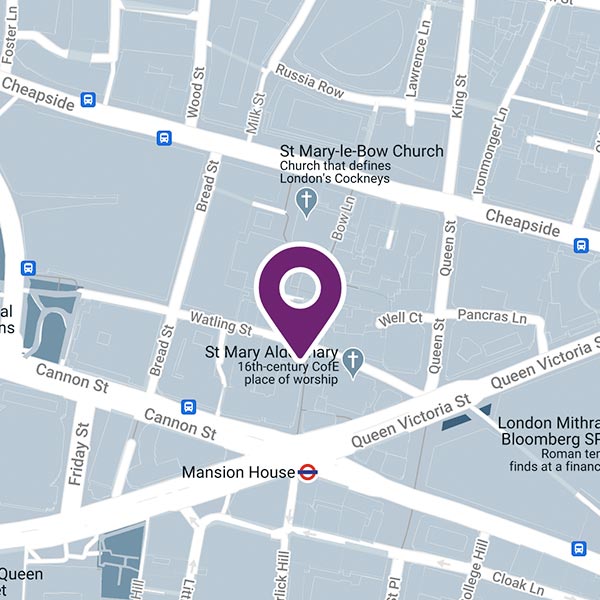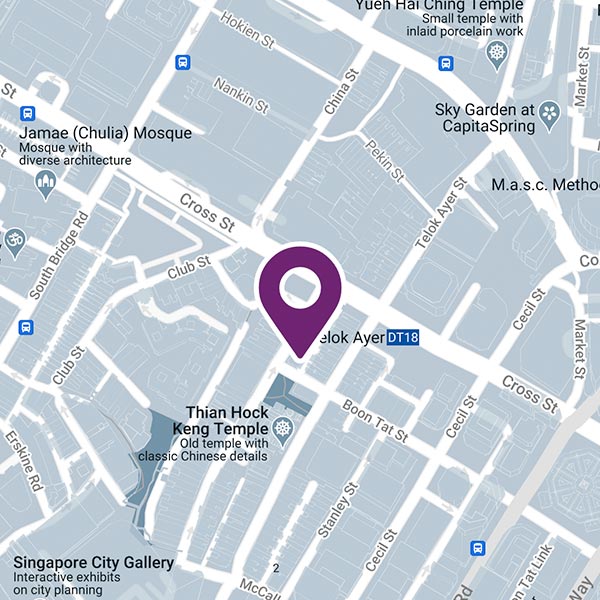The insurance industry, long viewed as traditional, is undergoing a technological revolution, with artificial intelligence (AI) at its core. AI is transforming the way insurance companies operate, offering advancements in everything from underwriting and claims processing to fraud detection and customer experience. By the end of 2024, 87% of insurance companies are expected to have adopted AI in some form, a significant increase from 65% in 2021. As these innovations reshape the sector, insurance companies must recruit skilled AI professionals to harness these opportunities fully.
Hiring AI talent in insurance presents a unique challenge: it requires both technical experts to develop sophisticated AI models and strategic leaders to guide these efforts in alignment with business goals. This blog provides a roadmap for senior insurance leadership on identifying and hiring the right AI talent for both technical and leadership roles.
1. Understanding the Landscape of AI in Insurance
AI is no longer a futuristic concept for the insurance industry; it is a present reality. Let’s explore how AI is being used across insurance functions and what this means for hiring.
Overview of AI Applications in Insurance
In recent years, insurance companies have adopted AI applications that streamline and enhance critical operations:
- Risk Assessment: AI models can analyse large datasets to assess risk factors, helping underwriters make more informed and accurate policy pricing decisions.
- Claims Management: Automated claims processing and fraud detection are two areas where AI is making significant impacts. Machine learning models can detect patterns that suggest fraudulent activity, ensuring a higher degree of accuracy.
- Customer Experience: AI-powered chatbots and recommendation engines improve customer service by providing personalised policy suggestions and timely support.
- Predictive Analytics: Predictive modelling enables insurers to anticipate customer needs and mitigate risks, optimising everything from pricing to policy renewals.
AI Talent Needs in Insurance
To implement these AI-driven advancements, insurers need a diverse AI talent pool that includes:
- Technical AI Experts: These individuals design and develop machine learning algorithms, manage datasets, and integrate AI into systems. Their roles require technical expertise in data science, machine learning, and industry-specific platforms.
- Strategic AI Leaders: These leaders bridge the gap between AI capabilities and business strategy. They ensure that AI initiatives are aligned with organisational goals and foster a culture that embraces innovation.
Both types of roles are essential for building a successful AI-powered insurance operation.
2. Key Qualities to Look for in Technical AI Talent
Hiring technical AI talent involves looking for individuals with specific hard and soft skills. Here are the core competencies that insurance companies should prioritise.
Core Skills
- Data Science and Machine Learning Expertise: Technical AI professionals must be skilled in data science and machine learning, with experience in Python, R, or other relevant programming languages. Knowledge of neural networks, natural language processing, and data mining is also crucial.
- Insurance-Specific Data Knowledge: Since insurance data includes actuarial data, policyholder information, and claims histories, technical AI candidates should understand these unique data types. Familiarity with regulatory requirements around data privacy is essential.
- AI Tools and Platforms: The ideal candidate should be familiar with AI and machine learning platforms used in the insurance sector, such as TensorFlow, SAS, or IBM Watson. Knowledge of cloud platforms (e.g., AWS, Azure) is also advantageous.
Industry Fit
A key challenge in hiring AI talent for insurance is ensuring that candidates understand the regulatory complexities of the industry. Technical candidates should demonstrate an understanding of compliance and risk management. This includes familiarity with data privacy regulations and the ability to design algorithms that operate within these legal constraints.
Soft Skills
While technical skills are crucial, soft skills should not be overlooked:
- Problem-Solving: AI talent needs to tackle complex problems and find creative solutions.
- Adaptability: The AI field evolves rapidly; therefore, the ideal candidate should be open to learning and adjusting to new technologies.
- Communication: Technical AI professionals should be able to explain complex AI concepts to non-technical team members, ensuring alignment across departments.
3. Finding and Assessing Leadership-Level AI Talent
AI in insurance requires more than technical expertise—it demands strategic direction. Here’s what to look for when hiring AI leaders.
Key Leadership Qualities
- Strategic Vision: Leaders should possess the ability to align AI initiatives with the company’s long-term goals. A strategic vision enables AI to become a central component of the business model rather than a side project.
- Industry Knowledge: A strong understanding of the insurance market is crucial. AI leaders must be able to interpret customer data, compliance requirements, and trends in insurance to make data-driven decisions.
- Technical Literacy: While AI leaders don’t need to be coders, they should have enough technical understanding to make informed decisions. They must be able to evaluate AI project requirements, assess risks, and communicate with technical team members effectively.
The Role of AI in Shaping Organisational Culture
Beyond individual skills, AI leaders play a vital role in shaping a data-driven, innovative culture within the organisation. This involves:
- Championing AI: Leaders should inspire teams to embrace AI and encourage employees to leverage AI tools.
- Cross-Departmental Collaboration: AI leaders should ensure AI projects are integrated with other departments, such as underwriting and customer service, to maximise impact and ensure organisation-wide alignment.
Hiring an AI leader with these qualities is essential for embedding AI into the organisational DNA and driving long-term growth.
4. The Hiring Process: Strategies for Identifying the Right Talent
With a clear understanding of the required skills, the next step is developing an effective hiring process. Here are some key strategies.
Crafting the Job Description
An effective job description is essential for attracting the right candidates. For technical roles, highlight skills in machine learning, data analysis, and familiarity with insurance data. For leadership roles, emphasise the importance of industry experience, strategic vision, and communication abilities. Use clear language to specify required skills and qualifications.
Recruiting Channels
Finding qualified AI talent can be challenging. Consider the following channels:
- Industry Conferences and Academic Partnerships: AI experts often participate in conferences, workshops, and academic events. Partnering with universities that offer AI programs can help you find emerging talent.
- Executive Search Firms: Executive search firms specialising in insurance and AI, like Eliot Partnership, offer access to top-tier leadership candidates who understand the insurance industry’s nuances.
Interview Techniques
Use targeted questions to assess both technical and leadership skills:
- Technical Proficiency and Problem-Solving: Ask technical candidates to solve real-world problems or provide examples of past projects that demonstrate problem-solving skills.
- Strategic Fit and Vision: For leadership roles, ask candidates how they would align AI projects with company goals or foster a culture of innovation.
5. Retaining AI Talent: Building an Environment for Long-Term Success
Once you’ve hired the right AI talent, it’s crucial to create an environment where they can thrive.
Career Growth and Development
Offer continuous learning opportunities to prevent attrition. AI is a rapidly evolving field, and top talent is more likely to stay if they have opportunities to expand their skills.
Cross-Functional Collaboration
Encourage AI teams to work closely with other departments, such as claims and underwriting. This collaboration helps align AI projects with business needs, increases the AI team’s impact, and fosters a sense of shared purpose.
Promoting Innovation and Autonomy
Create a culture that values experimentation. Allow AI teams to try out new tools and develop creative solutions without unnecessary constraints. This autonomy can lead to breakthroughs and enhances job satisfaction.
Conclusion
Hiring the right AI talent is critical for insurance companies aiming to leverage the full potential of AI. From underwriting to customer experience, AI is transforming core functions and creating a competitive advantage. To harness this potential, insurance firms must strategically hire both technical and leadership AI talent who can drive innovation, ensure compliance, and align AI initiatives with organisational goals.
Eliot Partnership specialises in helping insurance firms identify and recruit top talent, including leaders in the AI field. With extensive experience in the insurance industry, we work closely with companies to build teams that are aligned with the unique challenges and opportunities within the sector. Whether it's hiring AI specialists or strategic leadership, Eliot Partnership ensures that organisations have the expertise they need to drive innovation and growth.












